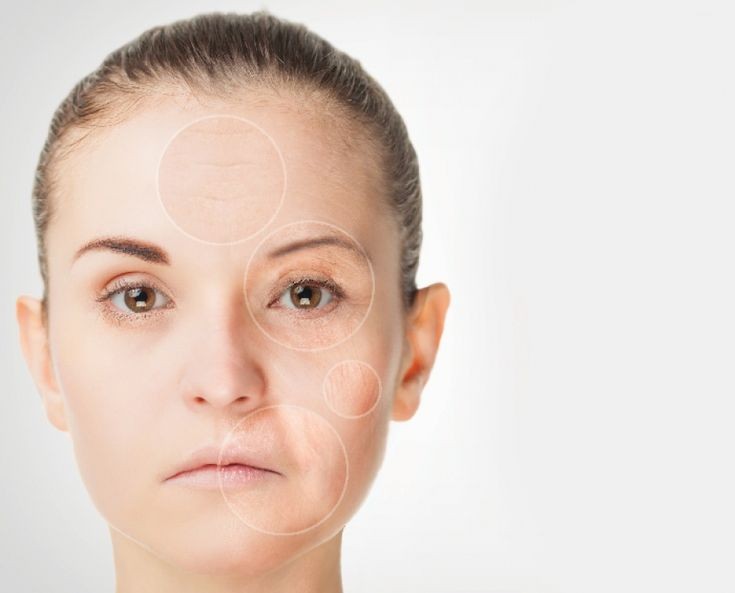7 Signs You Are Eating Sugar Too Much

Sugar has become an integral part of our modern diet, with its widespread use in various processed foods and beverages. While consuming sugar in moderation is generally acceptable, excessive intake can lead to a range of health problems. In this article, we will explore seven vivid signs that indicate you may be consuming too much sugar and explain how they can impact your overall well-being.
7 Signs you are eating sugar too much:
- Weight Gain and Increased Belly Fat
- Constant Cravings and Difficulty Controlling Your Sweet Tooth
- Energy Peaks and Crashes
- Increased Risk of Chronic Diseases
- Dental Problems and Tooth Decay
- Increased Risk of Mental Health Disorders
Weight Gain and Increased Belly Fat:
One of the most apparent signs of excessive sugar consumption is unexplained weight gain, particularly in the form of stubborn belly fat. Consuming sugary foods and beverages can quickly increase your calorie intake without providing essential nutrients. High sugar intake promotes insulin resistance, causing the body to store more fat, especially around the abdominal area. This weight gain not only affects your physical appearance but also puts you at risk for obesity-related Weight Gain and Increased Belly Fat:
One of the most apparent signs of excessive sugar consumption is unexplained weight gain, particularly in the form of stubborn belly fat. Consuming sugary foods and beverages can quickly increase your calorie intake without providing essential nutrients. High sugar intake promotes insulin resistance, causing the body to store more fat, especially around the abdominal area. This weight gain not only affects your physical appearance but also puts you at risk for obesity-related diseases such as type 2 diabetes, heart disease, and metabolic syndrome.
Constant Cravings and Difficulty Controlling Your Sweet Tooth:

Regularly consuming sugary foods can lead to addictive behaviour, causing a constant craving for more sugar. When you consume sugar, it triggers the release of dopamine, a neurotransmitter associated with pleasure and reward. This creates a cycle of cravings, making it challenging to control your sweet tooth. The more sugar you eat, the more you want, making it difficult to resist sugary treats and opt for healthier alternatives.
Energy Peaks and Crashes:
If you often experience energy peaks and crashes throughout the day, it could be a sign of excessive sugar consumption. Sugary foods cause a rapid spike in blood sugar levels, leading to a surge of energy. However, this surge is followed by a sudden drop in blood sugar, resulting in fatigue, irritability, and difficulty concentrating. This rollercoaster effect on your energy levels can negatively impact productivity and overall well-being.
Skin Issues and Premature Aging:

READ ALSO » 7 Warning Signs Of A Controlling Partner You Should Be Watchful For…
Excessive sugar consumption can also manifest itself in various skin problems. High sugar intake triggers a process called glycation, in which sugar molecules attach to collagen fibres in the skin. This process damages collagen, leading to loss of elasticity, wrinkles, and premature ageing. Additionally, sugar can cause inflammation, exacerbating conditions like acne, eczema, and rosacea. By reducing sugar intake, you can improve your skin health and maintain a more youthful appearance.
Increased Risk of Chronic Diseases:
Consuming too much sugar is strongly associated with an increased risk of chronic diseases such as type 2 diabetes, heart disease, and certain types of cancer. High sugar intake can lead to insulin resistance, impairing the body's ability to regulate blood sugar levels effectively. This, in turn, can progress to prediabetes and ultimately type 2 diabetes. Furthermore, excessive sugar consumption contributes to inflammation, which plays a key role in the development of cardiovascular diseases and cancer.
Dental Problems and Tooth Decay:

We all know that sugar is bad for our teeth, but its excessive consumption can lead to severe dental problems. When you consume sugary foods and beverages, the bacteria in your mouth feed on the sugar, producing acids that attack tooth enamel. Over time, this can lead to tooth decay, cavities, and even tooth loss. It's essential to practice good oral hygiene and limit sugar intake to protect your dental health.
Increased Risk of Mental Health Disorders:
Emerging research suggests a link between high sugar intake and an increased risk of mental health disorders. Excessive sugar consumption can contribute to inflammation in the brain, affecting mood and cognitive function. Studies have found associations between high-sugar diets and an elevated risk of depression, anxiety, and even a higher incidence of Alzheimer's disease. By reducing sugar intake and focusing on a balanced diet, you can support your mental well-being.
Being mindful of your sugar intake is crucial for maintaining optimal health. By understanding the signs of excessive sugar consumption, such as weight gain, constant cravings, energy crashes, skin problems, chronic diseases, dental issues, and mental health risks, you can make informed choices about your diet. Moderation and choosing whole, unprocessed foods will help you reduce your sugar intake and improve your overall well-being. Remember, small changes in your dietary habits can make a significant impact on your long-term health.
